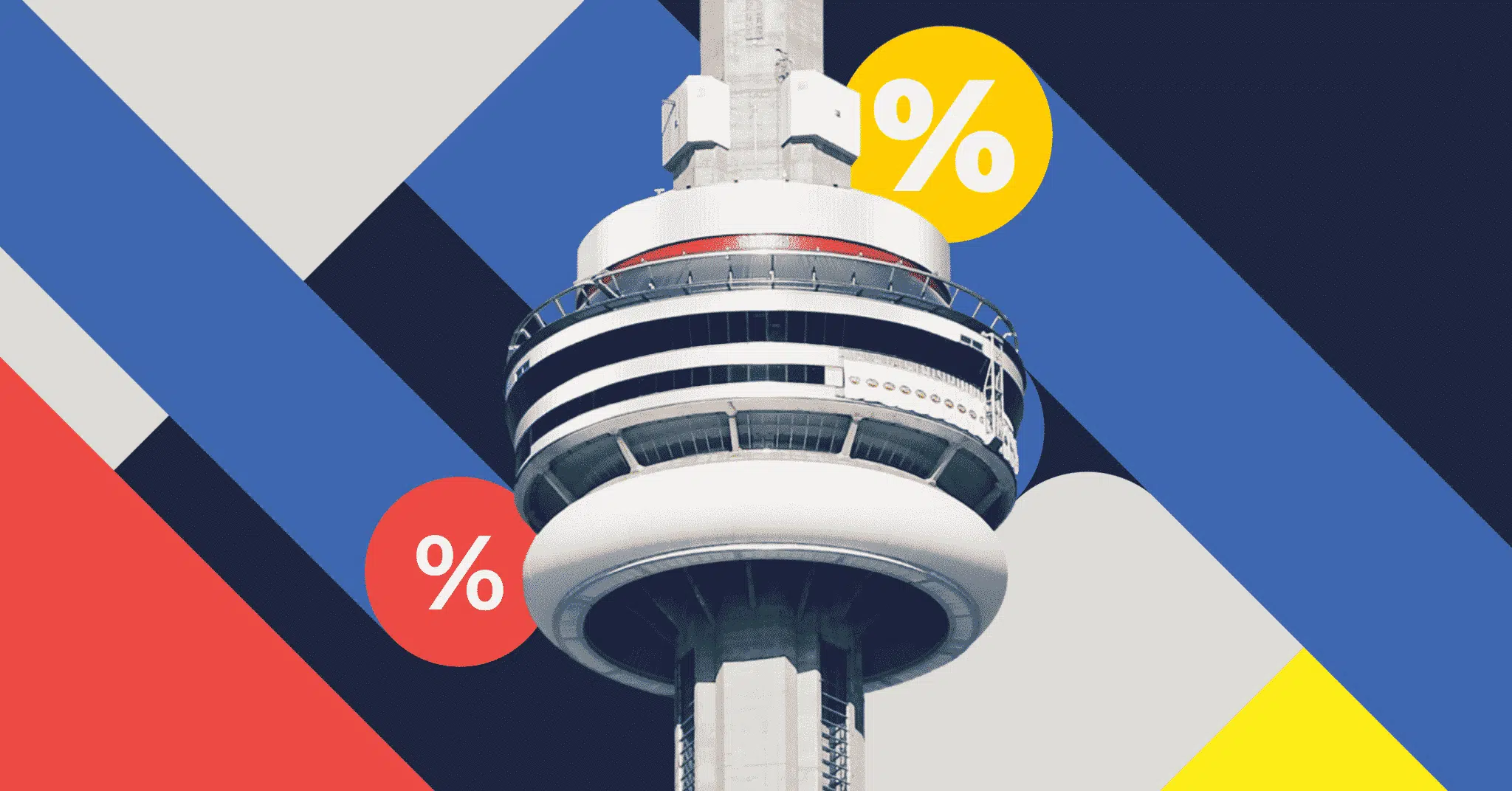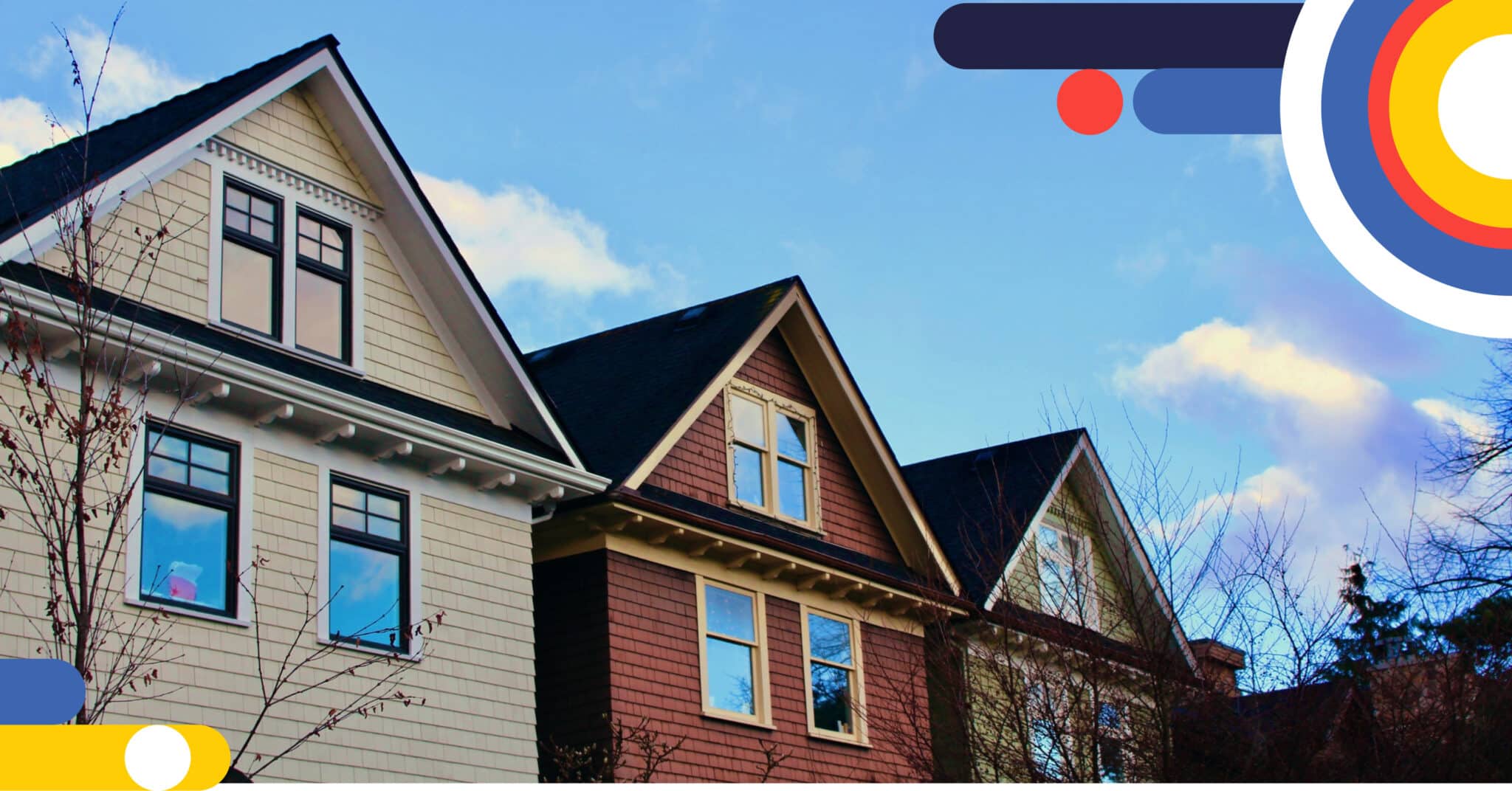Ontario Cities with the Highest & Lowest Property Tax Rates - October 2022

Table of contents
Property taxes are collected from homeowners by the municipality and used to generate money for public purposes in your area. Without this major source of funding, the services available where you live would look a lot different.
To establish your property’s assessed value, municipal property assessment organizations, such as the Municipal Property Assessment Corporation (MPAC) in Ontario or BC Assessment in British Columbia, analyze key features such as a property’s location, age, quality and size as well as sales of comparable properties in your neighbourhood, to provide a current value assessment.
Key Takeaways
- Property taxes are charged by the municipality in which you live and are used to fund municipally-run services such as garbage, composting and recycling, road maintenance, snow removal, parks and recreational facilities, libraries, transportation and more
- Your property taxes are based on a number of factors including your municipality’s budget, the assessed value of your property and its relative value compared to other properties in your area
- Cities with high-valued local real estate and larger populations generally have more flexibility to keep tax rates low since the amount collected from individual homeowners is generally higher, because real estate prices are higher, plus there are usually more taxpayers contributing
Why are property taxes important?
Property taxes are charged by the municipality in which you live and are used to fund municipally-run services such as garbage, composting and recycling, road maintenance, snow removal, parks and recreational facilities, libraries, transportation and more.
How is property tax calculated?
Your property taxes are based on a number of factors including your municipality’s budget, the assessed value of your property and its relative value compared to other properties in your area.
Formal property assessments are conducted in order to establish property values, which the government uses to establish the rate. That rate is then multiplied by your property value to determine the amount of tax you’ll be required to pay. Additional factors such as your property’s size, construction type, age and location can also affect the amount.
Tip: If you believe your property was over-assessed, you can file an appeal.
Property taxes are generally comprised of two components: 1) Municipal tax; and 2) Educational tax:
Municipal tax rate
This tax represents a main source of revenue for municipalities. Rates are established by your municipality and can vary depending on the type of property you own. Each year, municipalities assess whether tax rates need to increase in order to cover the services they’re used to fund. As the cost of services increase, so too will your taxes. You can learn more about municipal taxes, and use a property tax calculator, on your municipal government’s website.
Education tax rate
Education tax rates are established in essentially the same way as municipal rates but, because public education is overseen by provincial governments, the rates are set by the province. Education taxes are used to help fund elementary and secondary schools. Each year, provinces establish total education funding requirements and properties are taxed accordingly.
Important: If you live outside of a municipality, the responsibility of the local services fall under the purview of the provincial government and you’ll be required to pay what’s known as a provincial land tax.
Mortgage payment plans aren’t meant to be one-size-fits-all.
Chat with a nesto mortgage expert & get a mortgage payment fit to you.
Real estate values & property tax rates
There’s no doubt that real estate values play a key role in property tax assessment rates. Cities with high-valued local real estate and larger populations generally have more flexibility to keep tax rates low since the amount collected from individual homeowners is generally higher, because real estate prices are higher, plus there are usually more taxpayers contributing.
Another factor is the city’s commercial-to-residential tax ratio. In most municipalities, businesses pay at least double the amount of tax than homeowners, with the Canadian average around 2.5. Typically, a higher commercial property tax rate results in a lower residential rate, and the opposite is also true. Local council may, however, choose to lower commercial rates if they feel their community needs to offer more competitive advantages to businesses.
Cities in Ontario with the highest & lowest property tax rates
Top 5 highest property tax rates
- Windsor: 1.775679%
- Thunder Bay: 1.562626%
- Sault Ste Marie: 1.530970%
- North Bay: 1.528326%
- Sudbury: 1.492189%
Top 5 lowest property tax rates
- Toronto: 0.599704%
- Markham: 0.628191%
- Richmond Hill: 0.653108%
- Vaughan: 0.665259%
- Milton: 0.668702%
Table of property tax rates in Ontario
| Ranking (Low to High) | Municipality | 2020 Property Tax Rate |
| 1 | Toronto | 0.599704% |
| 2 | Markham | 0.628191% |
| 3 | Richmond Hill | 0.653108% |
| 4 | Vaughan | 0.665259% |
| 5 | Milton | 0.668702% |
| 6 | Oakville | 0.752897% |
| 7 | Aurora | 0.752897% |
| 8 | Burlington | 0.760563% |
| 9 | Halton Hills | 0.778645% |
| 10 | Newmarket | 0.783889% |
| 11 | Mississauga | 0.785962% |
| 12 | Caledon | 0.796677% |
| 13 | Brampton | 0.953306% |
| 14 | Ottawa | 0.959505% |
| 15 | Pickering | 1.064088% |
| 16 | Ajax | 1.069755% |
| 17 | Waterloo | 1.078456% |
| 18 | Kitchener | 1.099498% |
| 19 | Whitby | 1.105208% |
| 20 | Guelph | 1.122842% |
| 21 | Cambridge | 1.17722% |
| 22 | Hamilton | 1.188611% |
| 23 | Barrie | 1.210221% |
| 24 | Niagara Falls | 1.288172% |
| 25 | Oshawa | 1.288498% |
| 26 | Orangeville | 1.310505% |
| 27 | Kingston | 1.330855% |
| 28 | London | 1.348259% |
| 29 | Peterborough | 1.401679% |
| 30 | St Catharines | 1.432167% |
| 31 | Sudbury | 1.492189% |
| 32 | North Bay | 1.528326% |
| 33 | Sault Ste Marie | 1.53097% |
| 34 | Thunder Bay | 1.562626% |
| 35 | Windsor | 1.775679% |
Ready to get started?
In just a few clicks, you can see our current rates. Then apply for your mortgage online in minutes!















